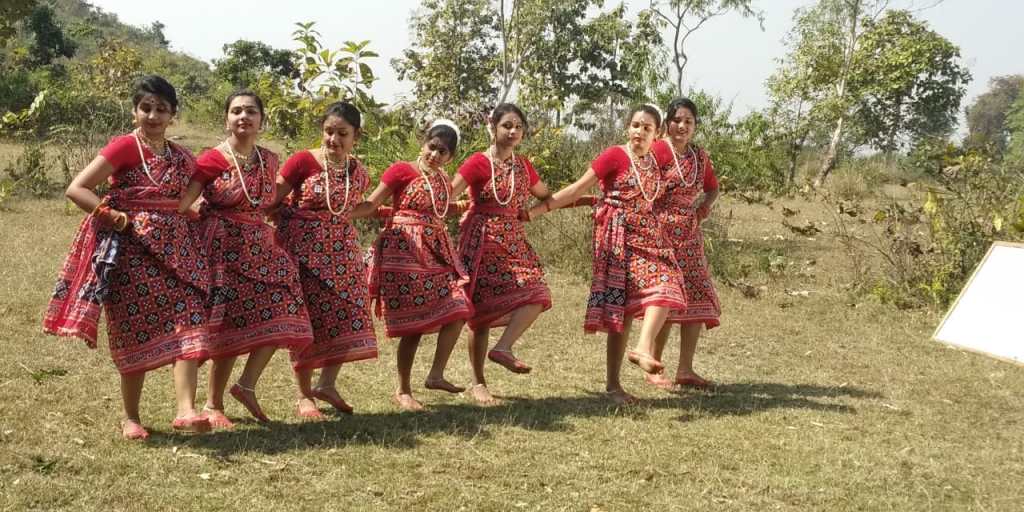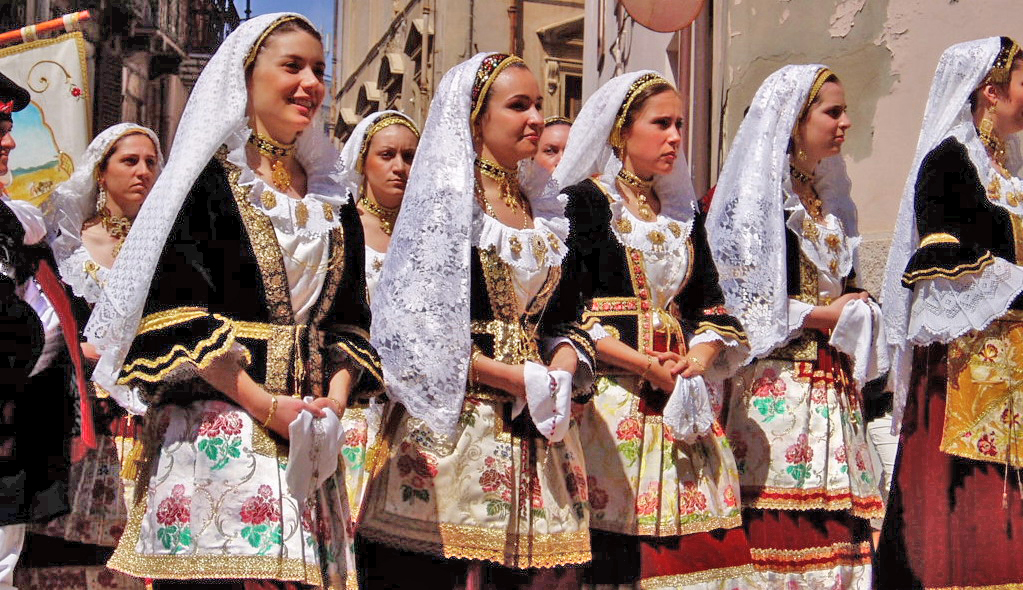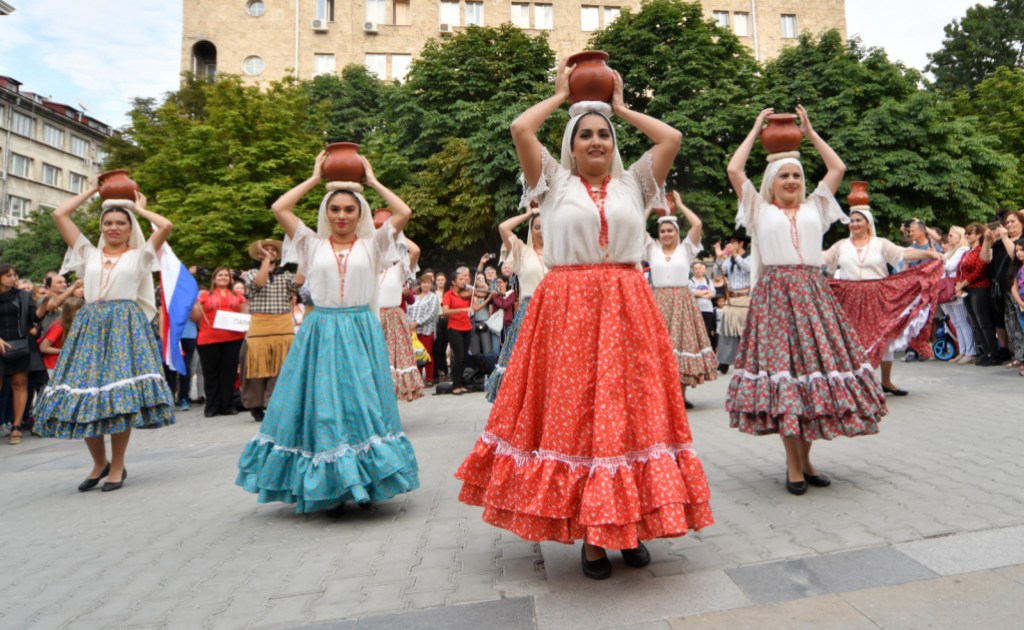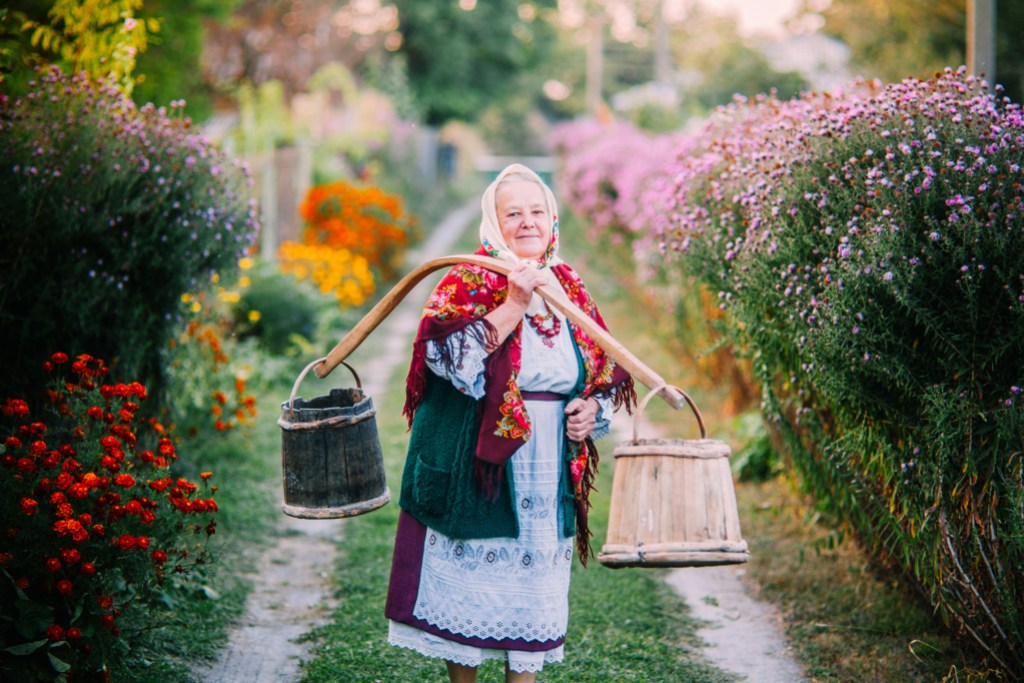Did you know that another generation of women will have to wait for gender parity? That is women have to wait 135.6 years to be on equal footing with men. According to the World Economic Forum’s Global Gender Gap Report 2021 as the impact of the COVID-19 pandemic continues to be felt, closing the global gender gap has increased by a generation from 99.5 years to 135.6 years. The report estimates that it will take an average of 135.6 years for women and men to reach parity on a range of factors worldwide, instead of the 99.5 years outlined in the 2020 report. Data from 156 different countries are taken into consideration and analysed on the factors such as economic opportunity, political power, education and health. Countries are ranked according to the Global Gender Gap Index, which measures scores across these indicators on a 0 to 100 scale, and these scores are interpreted as distance to gender parity, or the percentage of the gender gap that has been closed in a country.
According to the Global Gender Gap report of the year 2021, it was seen that in most of the sectors the share of women employed is pretty less than 45% which clearly states that there is a huge need for women employment and participation in every field of work. In the year 2021-2022 it was seen that in western european countries maximum gender gap was closed which accounts to roughly 77.6% followed by North America by 76%. The massive change was seen due to literacy and acknowledging people with several campaigns such as End child marriage, Gender Equality and HeForShe campaign which was organized in America for making an impact in the lives of women and girls everywhere.
Initiatives must be taken to bridge this gap. Feminism and Folklore – a project organised on Wikipedia from 1st February 2022 till 31st March 2022 – is an international writing competition dedicated towards increasing number of articles related to folk culture and women in folklore. Folklore is a combination of two words “folk” which means “popular antiquities” or “popular literature” whereas “lore” is the knowledge and traditions of a particular group, frequently passed along by word of mouth.
As there are numerous unknown folk cultures whose information is not present on the internet even today, it is very important to preserve our traditional culture and let it not diminish as years pass away. Wikipedia has taken an initiative in the year 2019 for increasing the number of articles related to folklore and feminism by organising multilingual contests hosted. From the very first year of its start it received a positive response from various inter-lingual wikipedia communities. Participation in such contests can help in both ways, for readers- they can get every detail about the folklore as well as for contributors – while writing as they research on the topic they would get to explore more in depth knowledge related to the topic.
The idea of folklore was first born in Europe in the 19th century, initially it was only known for traditions, ancient customs and festivals. As years passed by the definition of folklore modified drastically and was defined to be the natural expression of man such as tales, sayings, dances, or art forms preserved among the people. It is now considered as a festival of togetherness which lets people escape from the burden caused to them by society. It helps validate culture, justifying its rituals and instructions to those who perform and observe them and teach people morals and values which are difficult for people to imbibe.It follows socialism which means people tend to explore and practice social skills.
Along with creating articles contributors would also be awarded with exciting rewards.The winning image prize is US$300, US$200 for second prize, and US$100 is for third prize respectively. The winner will be judged as per the highest number of articles created under the scope of the contest. The winning images ranking fourth to fourteen would receive $10 each. Read all the details about this contest from the project page on Meta-wiki. Participants can create an article on any topic across the globe as long as it falls under the theme of folk or the female and LGBTQ personalities working under the folklore professions.
How can one contribute to Feminism and Folklore 2022?
Participation is simple, you just need to follow a certain set of rules to make your contribution count. There is no language barrier as Feminism and Folklore 2022 is organized on 27 inter-wikipedia projects. But if you are interested in organizing Feminism and Folklore in your local language, contact the international team at support@wikilovesfolklore.org for more information and personalized support in the form of video meet, live or pre recorded video sessions and proactive help for the how-to tutorials.
If you are new to Wikipedia, the first step is to create your account from here. Next choose any topic of your interest which is related to the theme of Feminism and Folklore 2022 such as folk festivals, folk dances, folk music, folk activities, folk games, folk cuisine, folk wear, fairy tales, folk plays, folk arts, folk religion, mythology, folk artists, folk dancers, folk singers, folk musicians, folk game athletes, women in mythology, women warriors in folklore, witches and witch hunting, fairy tales and more.
Make sure that the topic of the article you have chosen is not present already. Okay as now you are set with the topic make sure the content you write in the article match with the rules such as
- The expanded or new article should have a minimum 3000 bytes or 300 words
- The article should not be purely machine translated
- The article should be expanded or created between 1 February and 31 March
- The article should be within theme feminism or folklore, articles will be accepted if it belongs to either feminism or either folklore.
- No copyright issues and must have proper reference as per Wikipedia notability guidelines
Once you are ready with the article you can submit the article via the respective fountain/dashboard link of the Wikipedia project. (List of Wikipedia Project along with fountain tool links). If you face any issues or have doubts regarding the project feel free to mail the support team.
Stay tuned for more upcoming posts about Feminism and Folklore.
Gaurav Gaikwad, Community Outreach Officer
Wiki Loves Folklore International Team
Gaurav Gaikwad is an Indian Wikimedian and also one of the active volunteer editors of Marathi Wikipedia since 2020. His main area of contribution is focused on Tech, culture, fashion and Woman empowerment which is very much relevant to open knowledge.

Can you help us translate this article?
In order for this article to reach as many people as possible we would like your help. Can you translate this article to get the message out?
Start translation




